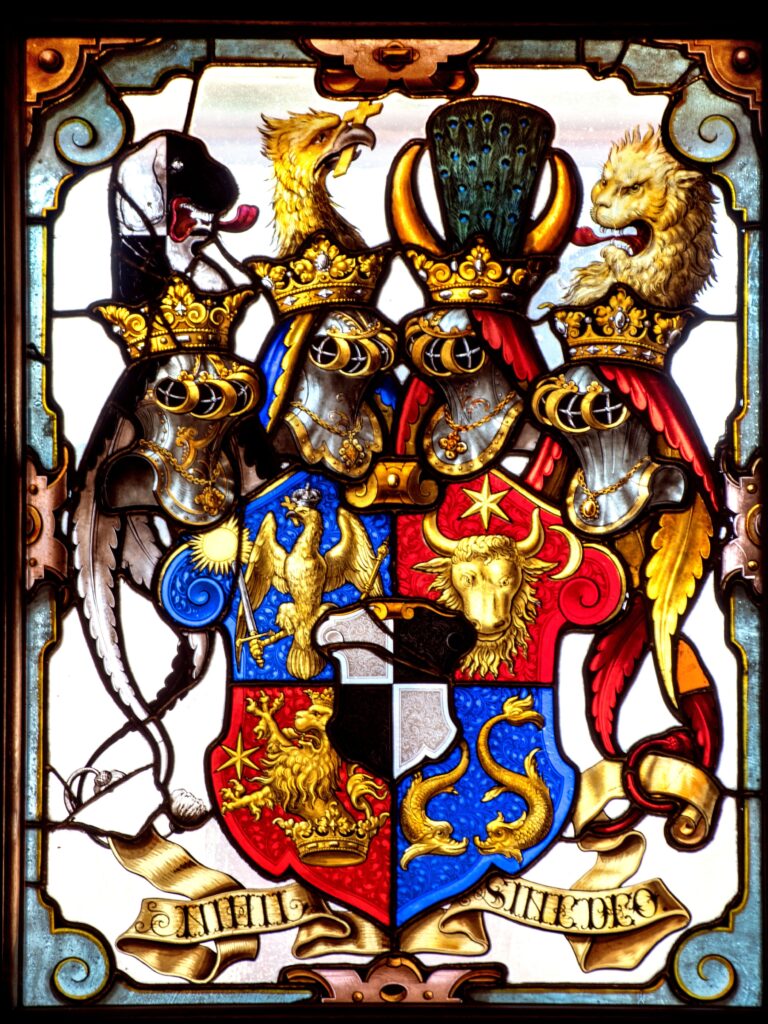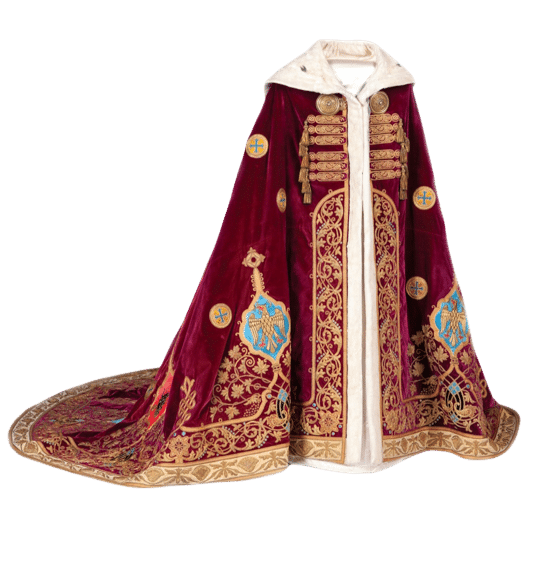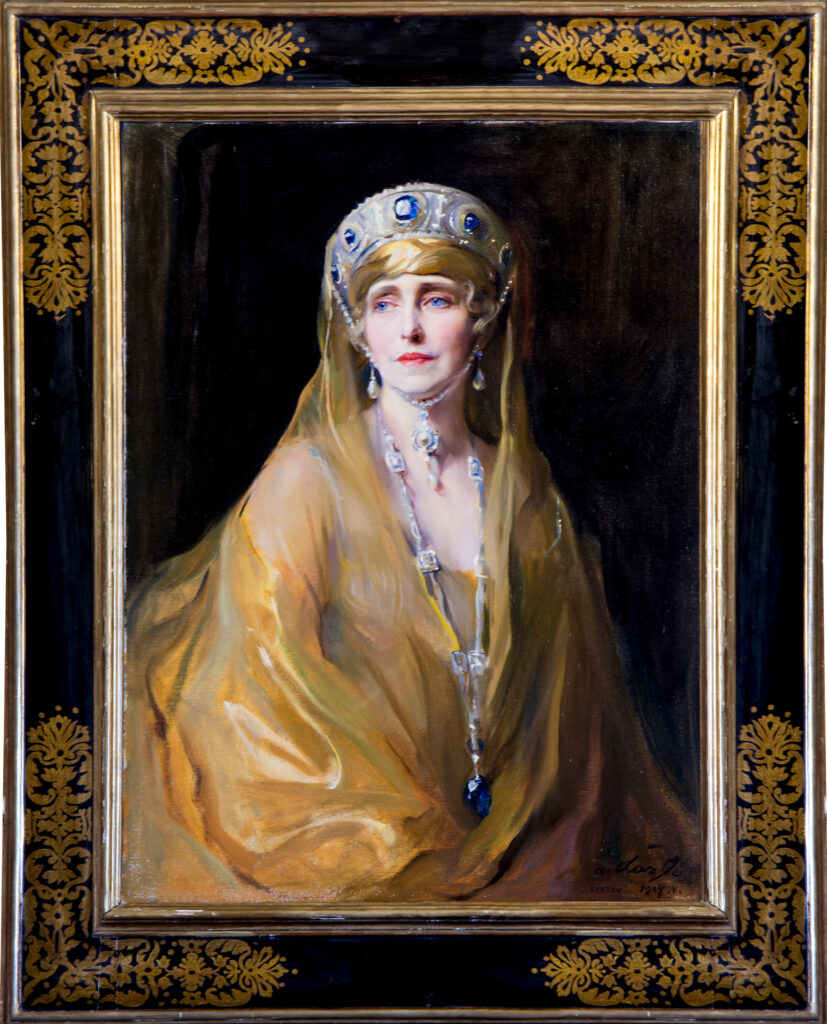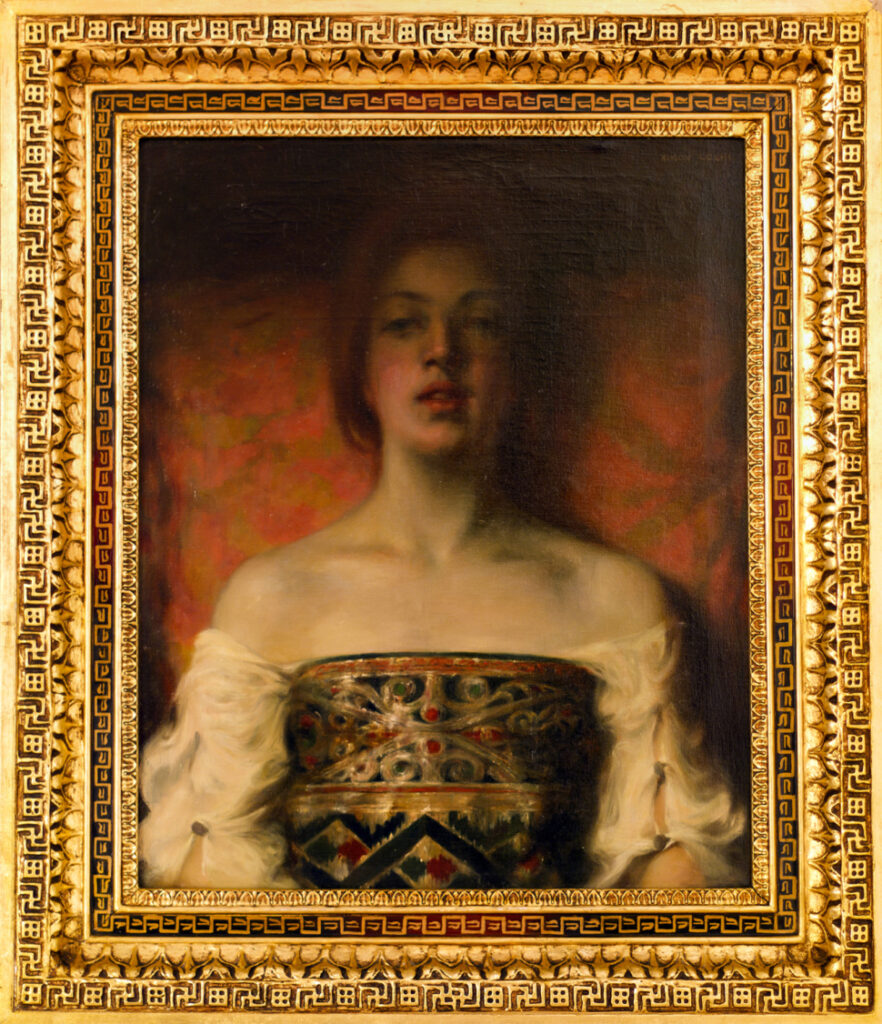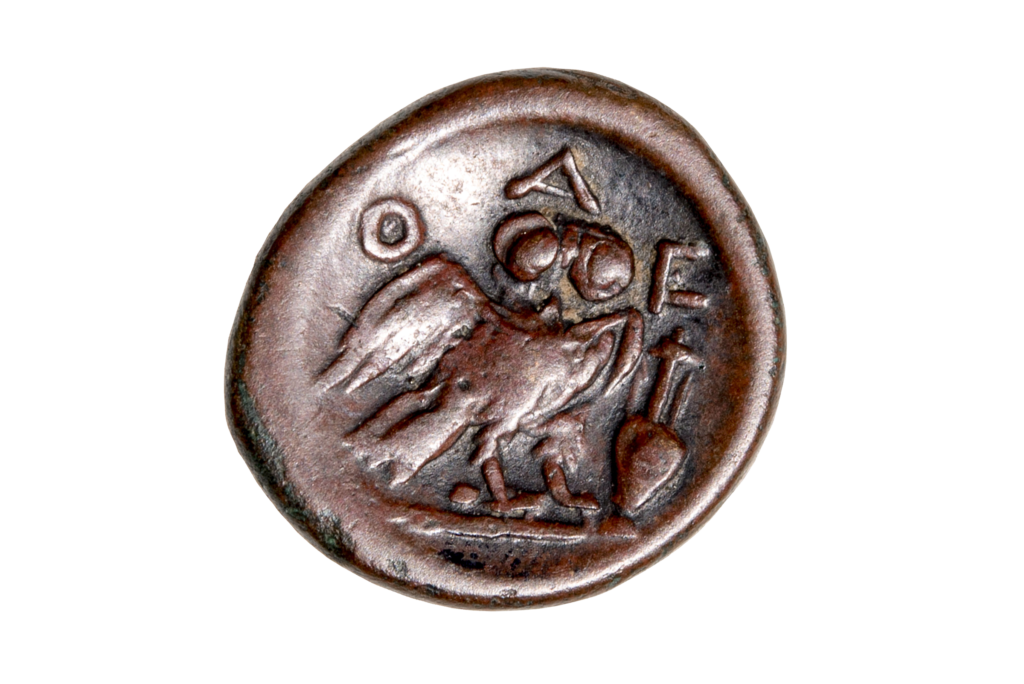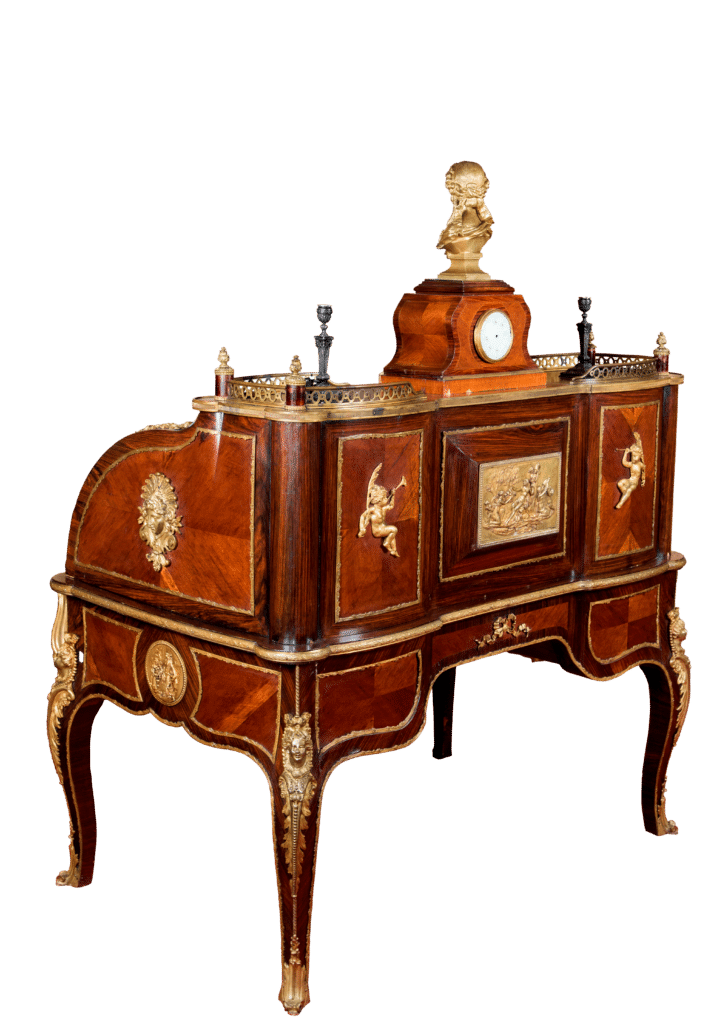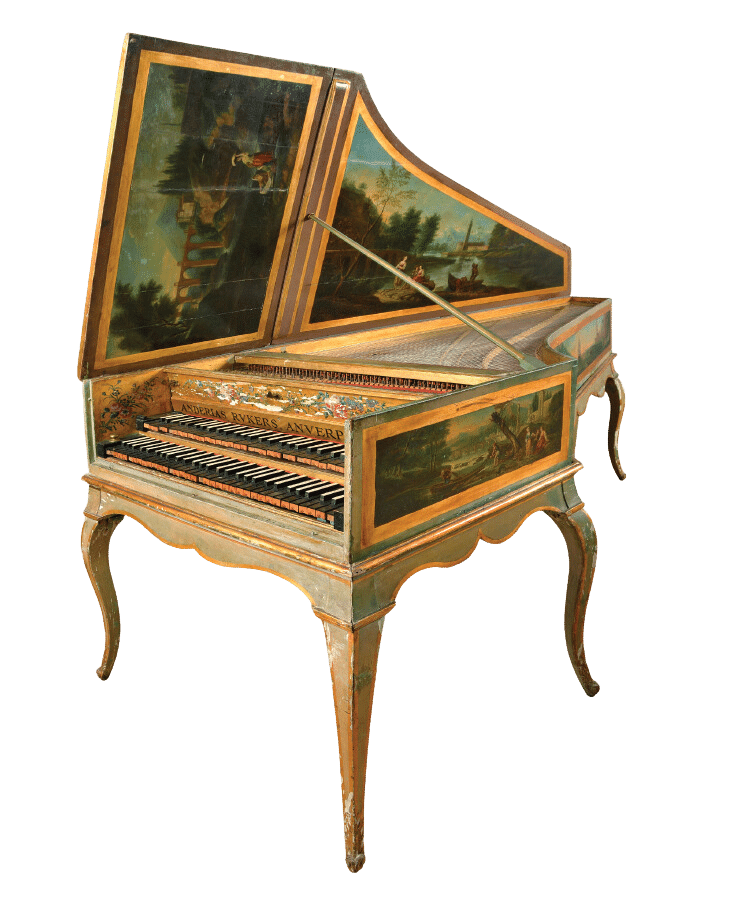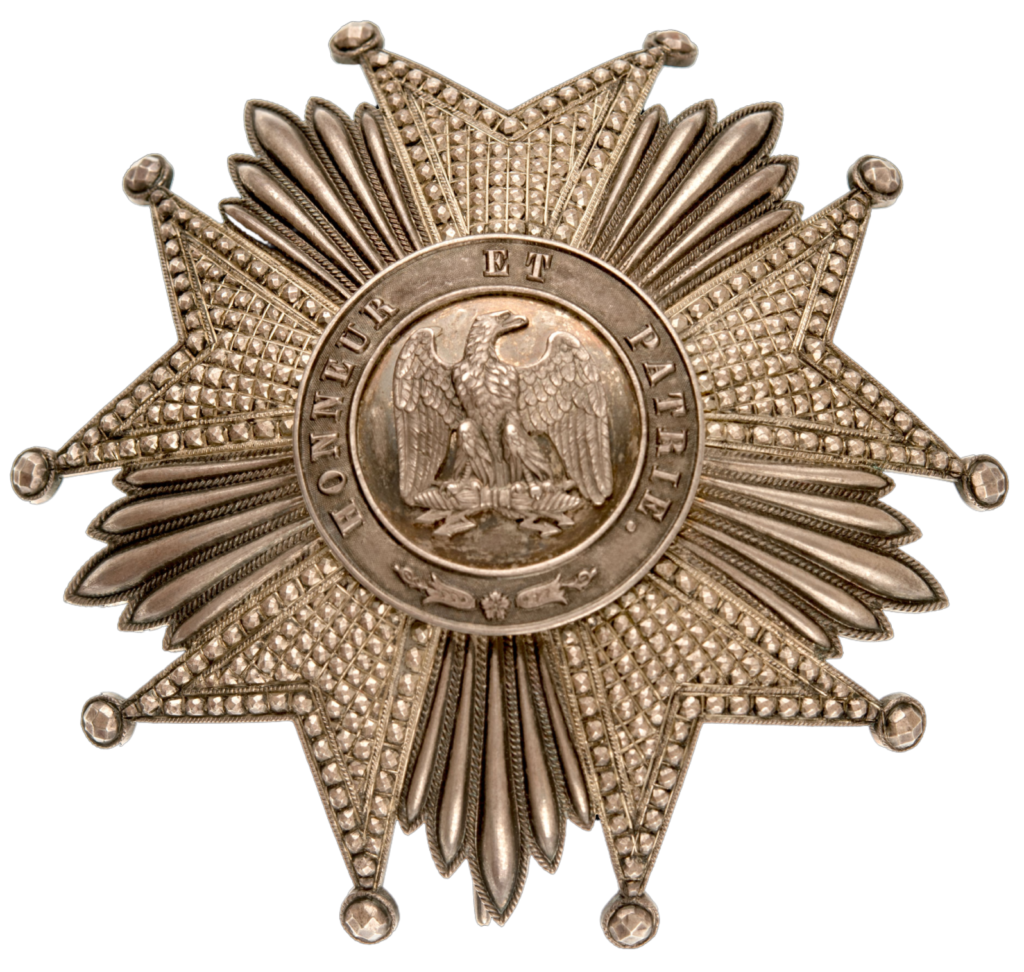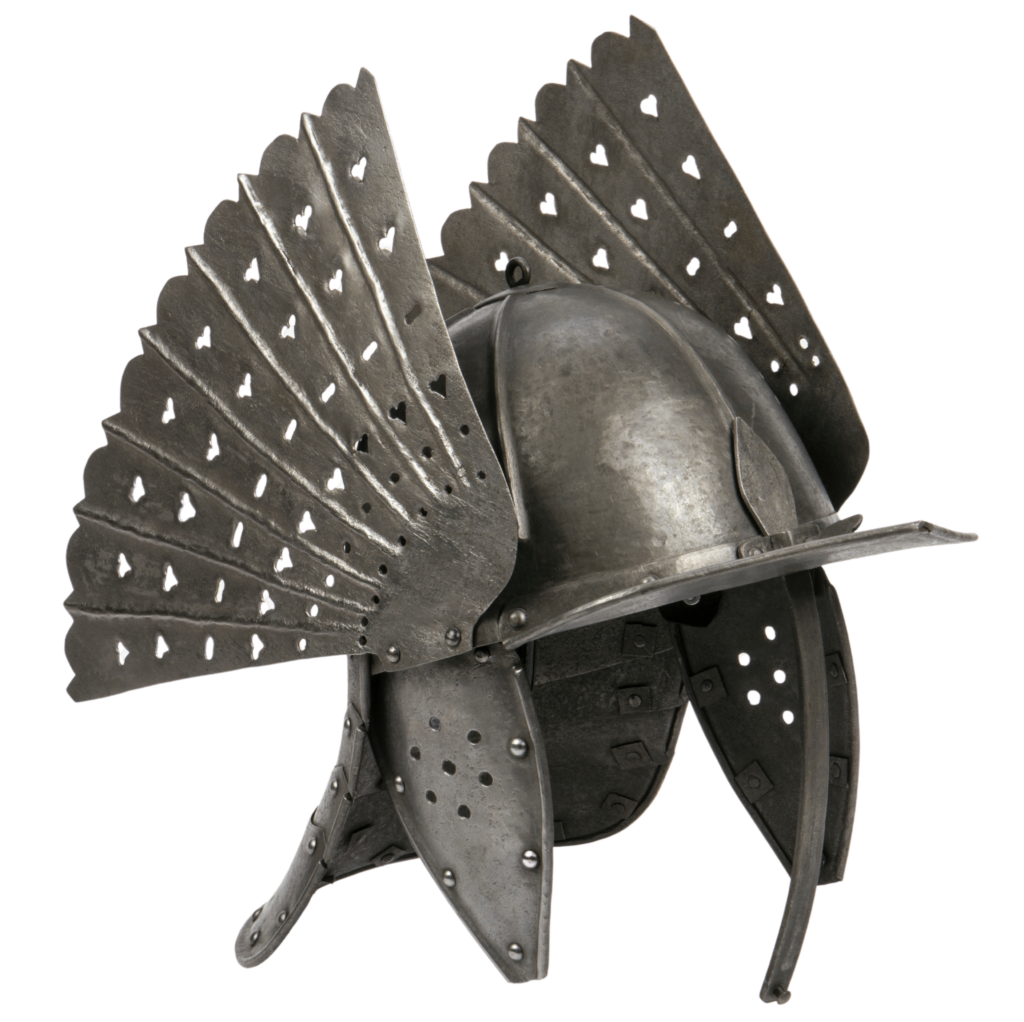Born on October 25, 1921, in the Foisor Castle in Sinaia and baptized in the Orthodox rite after the name of the voivode Michael the Brave, Michael I discovered very early the value of the words duty, faith and homeland, values that had ennobled the reign of his grandfather, Ferdinand the Loyal (1914 – 1927).
At only six years old, the precocious child, who spoke Romanian and English, studied piano and chess, rode a pony, took photographs and drove a toy car, under the careful supervision of his mother, Princess-mother Elena, was thrown into the maelstrom of history. After the third abdication of the throne by his father, Prince Carol, he was given the thankless task of governing a country in a state of adrift (1927 – 1930).
Dethroned after the return from exile of King Carol II, on June 8, 1930, he received the symbolic title of Grand Voivode of Alba-Iulia, attended a strict private school based at the Royal Palace and began military training. At only sixteen years old, he was promoted to the rank of second lieutenant of the 1st Mountain Hunters Battalion and took the oath of allegiance to the King. At the same time, Mihai I was the youngest marshal of the Romanian Army.
Kept away from the tumult of political life, dominated by the authoritarian figure of the King, Mihai helplessly witnessed the turbulent events in interwar Romania, marked by the rise of extremist movements, culminating in political assassinations, the change of the Constitution, the banning of all parties, and the Carlist dictatorship.
In 1937, he accompanied Carol II on an official visit to Poland and represented Romania at the coronation of King George VI, and in 1938, he took part in King Carol II's diplomatic tour to London, Paris and Brussels, as well as in the historic meeting with Hitler on November 24, 1938.
The Ribbentrop-Molotov Pact of August 23, 1939, and the Vienna Dictate of August 30, 1940, with disastrous consequences for Romania, hastened the end of the controversial reign of Carol II. Forced to leave the country on September 6, 1940, Carol left the destinies of a Romania divided by the historical provinces of Transylvania, Bukovina and Bessarabia in the hands of his son, Michael I. Faced with a fait accompli, at almost nineteen years old, Michael took the oath of allegiance to the nation and Parliament for the second time, assuming a historical role that he undoubtedly knew how to play with dignity and courage.
Marked by the duplicity of the West, Romania's fate seemed sealed: by the will of Marshal Antonescu, self-styled "Leader", Romania entered the war on the side of the Axis against the will of the King on the throne. Antonescu proclaimed the Legionary State (September 14, 1940 - January 1941), declared war on the Soviet Union on June 22, 1941 and acted beyond the King's legal authority. Aware of the disastrous consequences of Antonescu's policy, King Michael decided to change the course of history.
The courageous act of August 23, 1944, by which Romania joined the traditional allies, shortening the war by six months and sparing tens of thousands of human lives, was the work of the young Michael I. At 10:00 p.m., Radio Romania broadcast the King's message, in which the Romanian army turned its weapons against Nazi Germany, and the 1923 Constitution was restored. For the services brought to humanity by the historic gesture of August 23, King Michael was honored by the President of the United States with the "Legion of Merit" and by the USSR, with the "Order of Victoria".
Forced to finally recognize a communist government, led by Petru Groza (March 6, 1945 – November 30, 1946), the King takes desperate steps to limit the red danger in Romania. His diplomatic actions are doomed to failure, however. After the “royal strike” of August 1945 – December 1946, King Michael I is forced – in the absence of external support – to recognize the rigged elections of November 1946. On December 30, 1947, Michael I is forced to sign the act of abdication. With the last King, a chapter of remarkable cultural, economic and social achievements, brutally swept away by the communist roller, ended.
From exile, the King's heart continued to beat for Romania. In 1948, he visited London and New York in an attempt to sensitize the West to the abuses of the regime of People's Romania. In the 1950s, he founded the Romanian National Committee, which he coordinated with devotion and selflessness.
After the fall of communism, King Michael returned to Romania and contributed through his personal prestige to our country's accession to NATO. He championed Romania's cause in the world through visits, conferences, and appearances in the press and television, alongside Her Royal Highness, Anne of Bourbon-Parma, and Princess Margareta, designated successor in 1997.

